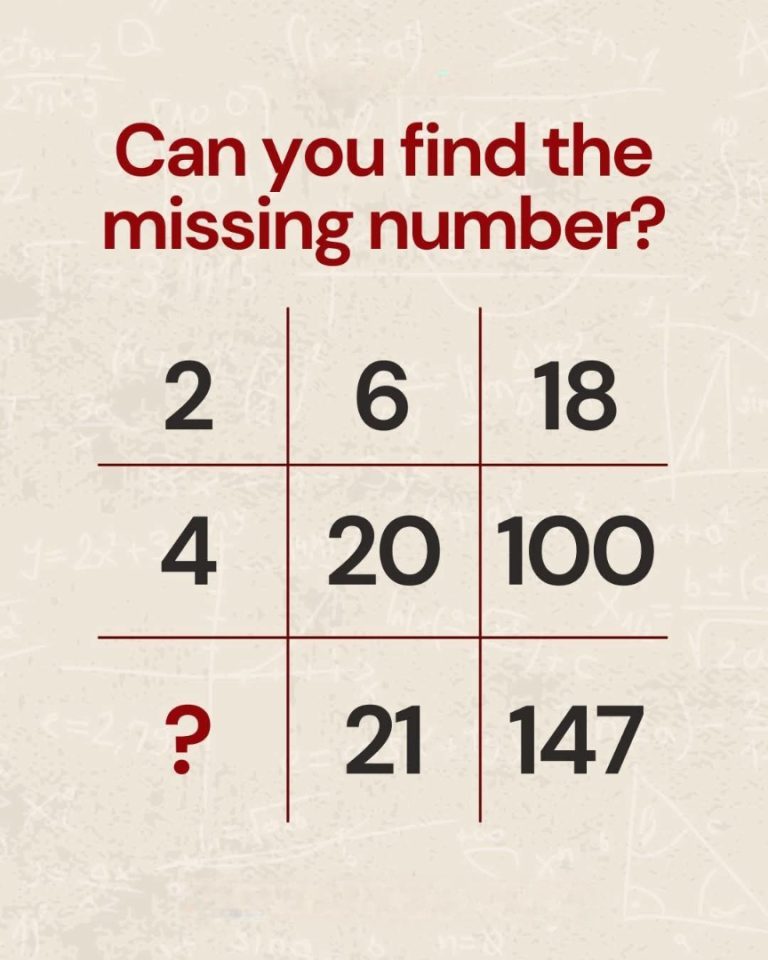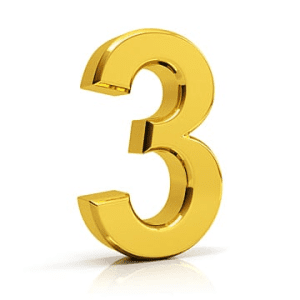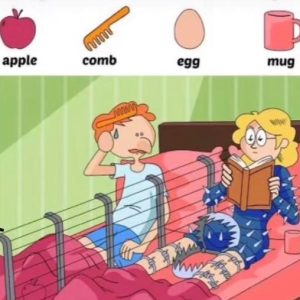Sometimes, the trickiest riddles hide behind the simplest numbers. You look at them and think, “This should be easy,” but before long, you’re second-guessing everything. That’s exactly what’s happening with this viral math riddle that’s taken over puzzle circles online.
It’s a 3×3 number grid with one missing value. At first glance, nothing makes sense. But the moment you stop overthinking and shift your focus—you’ll feel that sweet “aha!” spark of satisfaction.

Here’s what you’re up against:
[ 2 6 18 ]
[ 4 20 100 ]
[ ? 21 147 ]
So, what’s the missing number in the bottom-left corner?
Breaking Down the Grid: Let’s Start With Columns
Let’s take a common-sense approach first. Most people instinctively go column by column. It’s natural—we read top to bottom, right?
So let’s try it.
Video: Can You Find The Missing Number ? || Maths Puzzle
Column 1:
2
4
?
You might think: 2 → 4 is ×2. So maybe 4 × 2 = 8?
Hold that thought.
Column 2:
6
20
21
6 → 20 = +14
20 → 21 = +1
Hmm. No real pattern here.
Column 3:
18
100
147
18 → 100 = +82
100 → 147 = +47
Still doesn’t help.
Verdict? The columns are chaotic. No consistent formula. Time to flip the strategy.
Now Let’s Look Across Each Row
Video: Math Quiz find the missing number
This is where the real magic starts to happen. Go row by row and watch the pattern unfold.
Row 1:
2 → 6 → 18
2 × 3 = 6
6 × 3 = 18
Boom—multiplying by 3 across the row.
Row 2:
4 → 20 → 100
4 × 5 = 20
20 × 5 = 100
Yup—multiply by 5 this time.
So let’s test this logic on the third row.
Row 3:
? → 21 → 147
Now, 21 × 7 = 147
So what number times 7 equals 21?
Easy: 3
So there it is. The missing number is 3.

The Pattern Revealed: A Sequence of Odd Multiples
What’s really clever about this riddle is how the multiplier increases with each row:
- First row: ×3 → ×3
- Second row: ×5 → ×5
- Third row: ×7 → ×7
See the pattern? It’s a sequence of odd numbers: 3, 5, 7. Not just smart—satisfyingly symmetric.
But here’s the real kicker—most people miss it because they’re looking in the wrong direction. They go vertical when the clue is horizontal.
Why Your Brain Got Tricked
We’ve all been trained to read top-down. Whether it’s books, spreadsheets, or even most logic puzzles, we go for columns first. That’s the trap this puzzle sets.
It throws out numbers that don’t seem to add up vertically—and that’s by design. It wants you to dig deeper, switch gears, and see things from a different angle.
The solution is a reminder: Sometimes the clearest answers only show up when we change our approach.
Puzzles Like This Are Mental Gymnastics
This isn’t just a riddle—it’s brain exercise. It sharpens your ability to recognize patterns, question assumptions, and flip your thinking.
Even if you didn’t solve it right away, don’t sweat it. That lightbulb moment? That’s your mind flexing in the right direction.
And the more you practice these types of puzzles, the faster you’ll catch on next time.
Perfect for Sharing With Friends (and Outsmarting Them)
Let’s be honest—these puzzles are great solo, but even better when you challenge someone else. Drop it into a group chat. Text it to your smartest friend. Ask them what the missing number is and watch them fumble through the same vertical trap.
Then swoop in with the correct answer—and that little grin of pride.
Conclusion: The Answer Is Simple—If You Shift Your Perspective
This riddle is the perfect example of how brilliance hides in simplicity. No complicated math. No obscure formulas. Just a clean logic pattern wrapped in a clever disguise.
The missing number is 3, and the logic behind it is crystal clear once you realize each row follows its own rule—multiplying by increasing odd numbers. It’s horizontal thinking in a vertical world.
Next time you hit a puzzling wall, remember this one. Flip your view. Think sideways. Rethink the obvious.
And most of all—have fun with it.


